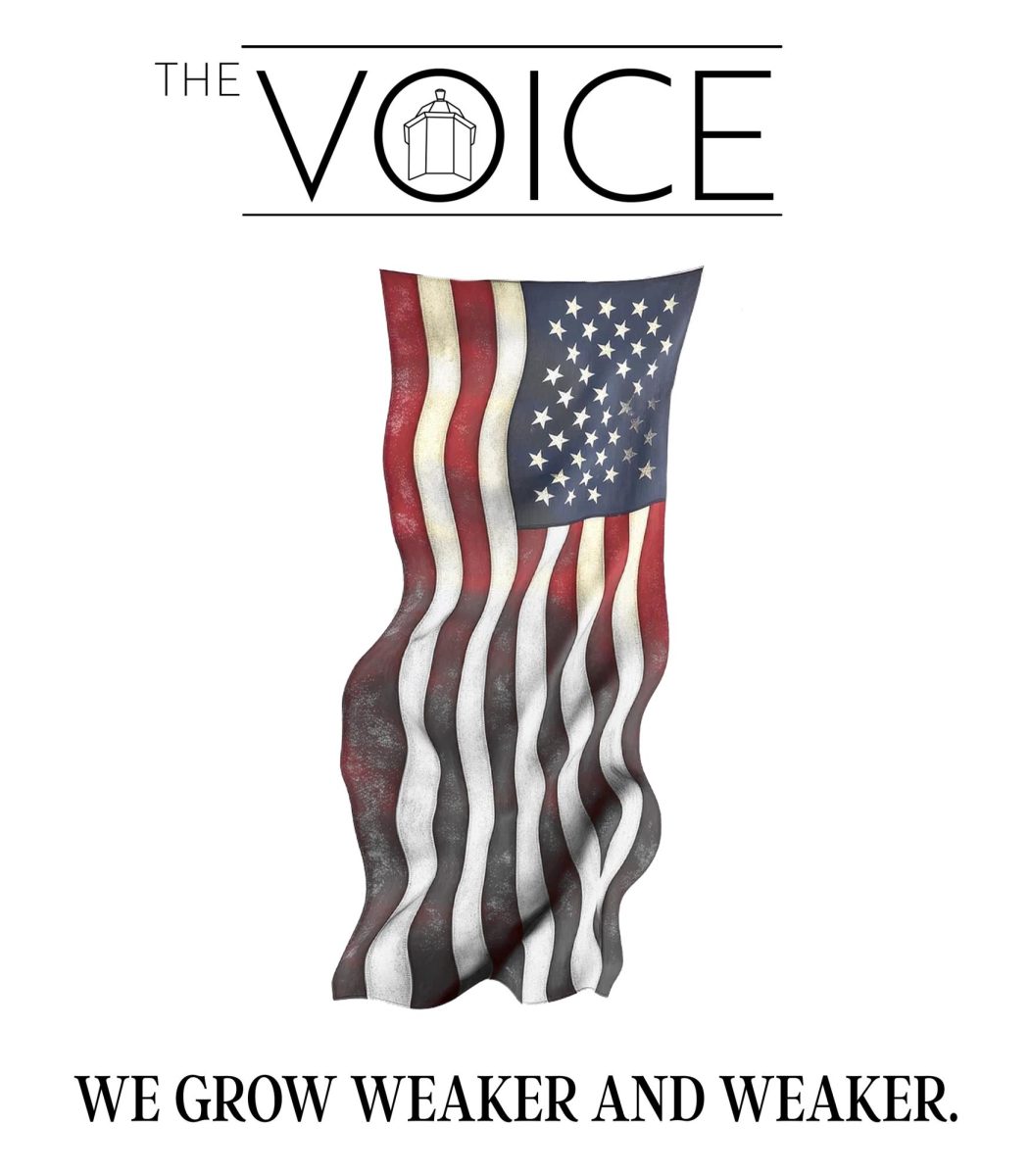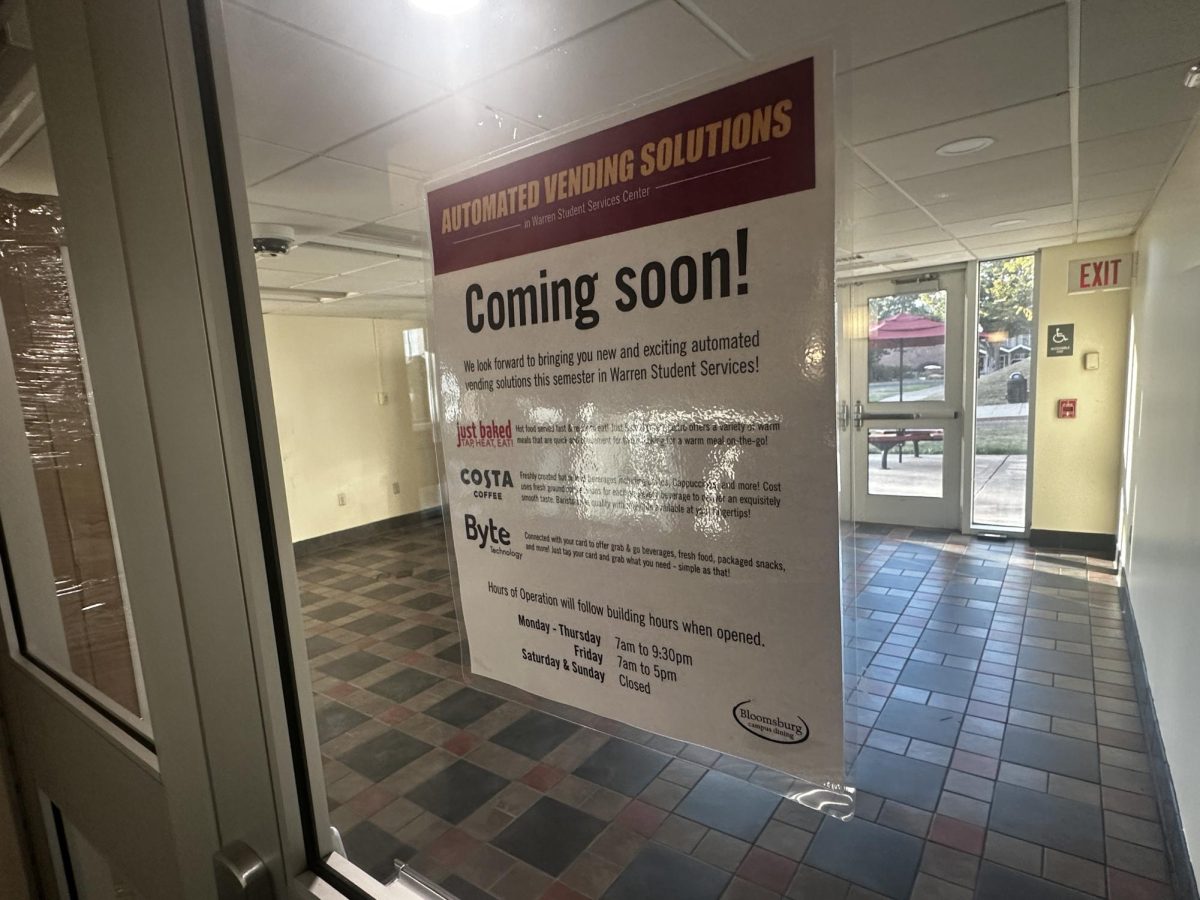Although Trayvon Martin was shot and killed on Feb. 26, 2012, his mother Sybrina Fulton doesn’t consider that the worst day of her life. Her worst day came a few days later, when she sat at Trayvon’s viewing and saw the body of her teenage son lying in a casket.
The Miami teen became a household name in the spring of 2012, as did George Zimmerman, the neighborhood watch captain who shot and killed Trayvon on that evening in Sanford, Florida. Martin was on his way back to his father’s house from a nearby 7-Eleven when Zimmerman confronted him, telling the 911 dispatcher he called that Martin was “a real suspicious guy.”
A struggle ensued and a single gunshot was fired. Martin was dead when responders arrived, and Zimmerman was still present at the scene. Martin, who was black, was wearing a hoodie and carrying nothing but some Skittles and Arizona Iced Tea. He had just turned 17 on Feb. 5, 2012.
The incident sparked national outcry and spurred debates over racial tension, gun laws and police vigilantism. Protestors in hoodies marched through Manhattan, chanting “We are all Trayvon Martin.” Zimmerman was acquitted of all charges in July 2013.
Through it all, Sybrina Fulton wasn’t sure what to feel. For a long while after the tragedy, she says, she wouldn’t leave her house. Something as simple as going to a restaurant was an ordeal for her. Seven years removed from Trayvon’s murder, Fulton is a leading activist for social change and a co-founder of the Trayvon Martin Foundation.
Sybrina Fulton brought her message to the Bloomsburg University Sankofa Conference on Feb. 16, where she delivered the keynote speech in the Kehr Union Ballroom. Fulton made sure to stress the importance of reaching out to young people when stimulating social change. “You guys are the future, so it’s very easy for me to decide whether to speak to young people or not. Think of this as a mom speaking to you all.”
Inspiring the next generation was a focal point of Fulton’s speech, as she stressed that the youth of America have the best chance of making social reform a reality. “Ask your parents, ask your instructors. We’re tired of fighting, so we need to hand the torch down to you.” She also addressed America’s rampant gun culture that claims tens of thousands of lives every year, as many as 40,000 alone in 2018. “Everybody wants a gun, everybody wants to kill people, but nobody wants to be held accountable. I believe if you’re willing to take someone’s life, you should be willing to give your own life.” Fulton says she was living a “good life” prior to Trayvon’s death, working as a coordinator at a Miami housing agency when tragedy struck her family.
“My good life was interrupted… It opened my eyes to what’s going on, and that I have to pay attention to what’s on the ballot.” Only weeks after Trayvon’s murder, Fulton and her ex-husband Tracy Martin established the Trayvon Martin Foundation, a nonprofit that provides emotional and financial support to those who have lost children to gun violence. Its website states that the Foundation’s goal is to “shift the conversation from intervention to reform.” Through the Foundation, high schoolers in South Florida can attend S.T.E.M. Education and Youth Empowerment summits, where they learn to address social justice problems and prepare for potential careers in science and technology. Parents can join the Circle of Mothers or the Circle of Fathers, both of which are committed to self-empowerment and healing for parents who have lost children and family members to gun violence. The Foundation also holds an annual “Peace Walk and Peace Talk” in February, which has featured appearances from the likes of Al Sharpton, Jamie Foxx and Jay-Z. Fulton is careful not to release the names of the guest speakers beforehand. “I never tell them who it is because I want them to come out for the walk.”
The nonprofit welcomes donations and involvement from anyone interested in building community and enacting social progress. “There are other races and nationalities banding with us to connect the problem,” Fulton says. “If someone wants to help, they’re on my team, Team Trayvon.” Fulton urged the Kehr Union audience to be active community members and to fulfill their duties as citizens of the United States, even if it means participating in jury duty. “There wasn’t a single black person on the jury for Trayvon’s murder. Why? This is America. When you get that little paper in the mail, you show up, cause you never know whose case that might be.”“I’m here because I’ve been through a terrible storm” Fulton said in closing. “Whatever storm you face in your life, I want you to continue to stand.”





















